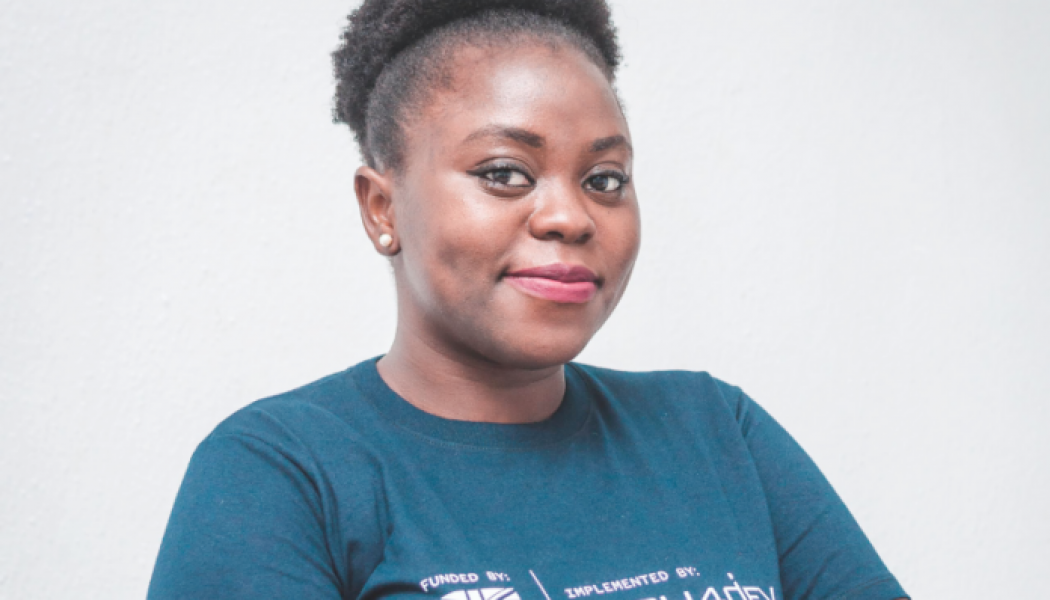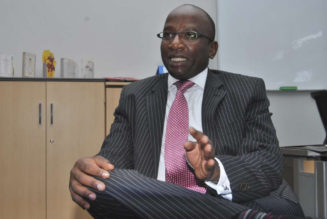Microsoft and Tech4Dev have partnered to launch the Women Techsters Initiative in 54 countries.
This programme aims to train girls and women across Africa in coding and deep tech skills, bridging the digital and technology divide and ensure equal access to opportunities across the continent.
Ghada Khalifa, Regional Director of Microsoft Philanthropies MEA, was excited about the initiative being scaled to other countries on the African continent from Nigeria where the program was piloted.
She says “when we empower girls and women in the ICT industry, through greater access to skills and training, we not only unlock innovation but also economic opportunities”.
/* custom css */
.tdi_3_2ad.td-a-rec-img{ text-align: left; }.tdi_3_2ad.td-a-rec-img img{ margin: 0 auto 0 0; }
A recent report by the United Nations Conference on Trade and Development (UNCTAD) cautioned that Africa’s inequality could worsen unless concrete action is taken to bridge the continent’s digital divide.
Lillian Barnard, MD at Microsoft South Africa, shared this sentiment, acknowledging that while much has been done on the continent to streamline upskilling in STEM areas, more and continuous efforts are required to increase women and girls’ participation in Tech.
“The overall objective of Women Techsters is to grow and support a community of tech-empowered girls and women across the continent, who will have equal access to decent job opportunities as well as to build and scale their ideas into tech-enabled businesses and deep tech start-ups, ultimately aiding overall economic growth.”
Unpacking more around the intricacies of the initiative and partnership, Diwura Oladepo, Executive Director at Tech4Dev pointed out that the initiative aligns with two of the Sustainable Development Goals – to achieve gender equality and decent work and economic growth for women and girls.
“Partnering with Microsoft made complete sense when it came to seeking a partner and organisation that has continuously reaffirmed its commitment to digitally transforming communities through upskilling and fostering a knowledge economy. Our shared belief that training and empowering young women across Africa will help achieve a male-female ratio balance in the technology space, while providing them with useful skills to build more efficient businesses, or rewarding careers using technology.”
The training provided through the initiative will focus on technical skills such as software development, product design, product management, data science and AI engineering, and cybersecurity, and will be delivered through a series of simultaneous activities.
“Initially, we are launching the initiative in Nigeria, Ghana, Kenya, South Africa and Egypt and are excited to see how we can live up to our mission of enabling participating girls and women to do more. We know that when women are fully empowered, society benefits overall,” concludes Barnard.
/* custom css */
.tdi_4_006.td-a-rec-img{ text-align: left; }.tdi_4_006.td-a-rec-img img{ margin: 0 auto 0 0; }











